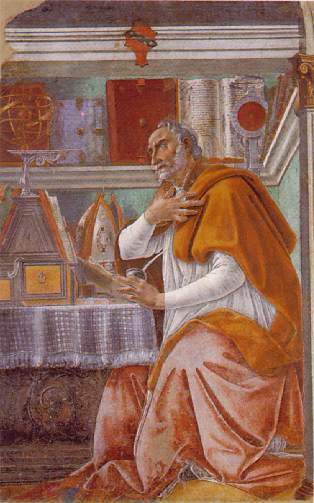
Reading When Helping Hurts thrust me into David VanDrunen’s Living in God’s Two Kingdoms. I’m desperate for clarity amidst a cacophony of voices on mission. Authors of the former, Corbett and Fikkert, join the growing list of writers who see cultural renewal/transformation/redemption/recreation as part and parcel of the Church’s mission.
The solution to poverty, they write, is reconciliation: “moving people closer to glorifying God by living in right relationship with God, with self, with others, and with the rest of creation” (78), quoting 2 Corinthians 5. I appreciate the crux of what they’re saying but wouldn’t call that reconciliation. Would the apostle Paul recognize Alisa Collins from the Chicago ghetto, finding steady work and self-fulfillment, as the process of reconciliation he writes about in 2 Cor 5? No.
To be fair, they do write several pages explaining that “profound reconciliation” (as opposed to ‘half-ass reconciliation’?) “cannot be done without people accepting Jesus Christ as Lord and Savior” (80, c.f. 94-97). My only concern is that there is already a host of members in the missions community who believe that sin equals poverty, that the gospel equals kingdom, and would be delighted to have an advocate saying that reconciliation equals a process of alleviating suffering.
Why is Renee Padilla being invited to Urbana to depict mission exclusively in terms of coming to the aid of internally displaced people? Why is Shane Claibourne growing in popularity for his message that the only hell worth fighting against is that of poverty? Why is Christianity Today including articles about environmental concern as a chief pillar of mission? Why did Ralph Winter argue that we must do missions on the microbe level, battling Satan in the realm of infectious diseases? Why has 2010 marked the year in which more North American Great Commission dollars are going toward social work than evangelism and church planting?


 To David VanDrunen we must turn. Lumping neo-Calvinists, advocates of the New Perspective on Paul, and emerging church leaders together as those who believe “the salvation or redemption brought by Christ is essentially restoration or re-creation” (18), he mounts a compelling defense for a two-kingdoms theology.
To David VanDrunen we must turn. Lumping neo-Calvinists, advocates of the New Perspective on Paul, and emerging church leaders together as those who believe “the salvation or redemption brought by Christ is essentially restoration or re-creation” (18), he mounts a compelling defense for a two-kingdoms theology.
It comes down to two Adams and two covenants. Transformationalists oft-repeat the line that the cultural mandate of dominion to Adam has never been rescinded in Scripture. Therefore, we inherit this mandate as Adam’s heirs. Not so, says VanDrunen. Better than never rescinded the cultural mandate has been fully fulfilled in Christ. What the first Adam failed to do as a righteous king and priest in creation, Jesus did, resisting and conquering the devil, becoming the perfect priest to God, and achieving the Sabbath rest intended as the culmination of the first Adam’s labors. The New Testament takes great pains to connect the two Adams (Rom 5; 1 Cor 15; c.f. Hebrews and many other allusions).
Jesus left nothing incomplete, not justification and not achieving the world-to-come. We add nothing. Our cultural engagement now does not make new creation, but is in response to new creation. Far from cultural isolation, we understand that we dwell in two kingdoms, both firmly under the Lordship of Christ.
God’s covenant to Noah established the common kingdom: it involved cultural activities, all humanity, preservation of the natural order, and temporary nature. In contrast, God’s covenant to Abraham established the redemptive kingdom, conversely: pertaining to faith and worship, a distinct people within humanity, bestowing salvation, and is everlasting.
Christians are not pseudo-Gnostic, isolationists denigrating the physical for the spiritual, awaiting heavenly ethereal bliss in the clouds. We are cultural beings in a cultural world called to honor God in an infinite array of cultural activities. But we do so as sojourners. We do so as members of a redemptive kingdom who understand a radical end to this world and its culture and wait for a new (not improved) heavens and earth.
That which does last is our primary mission. Paul describes it as a building undergoing fire (1Cor 3). John, alluding to Isaiah, as the glory and honor of nations entering the new Jerusalem. Both refer to the proclamation of the gospel and growth of the Church.

